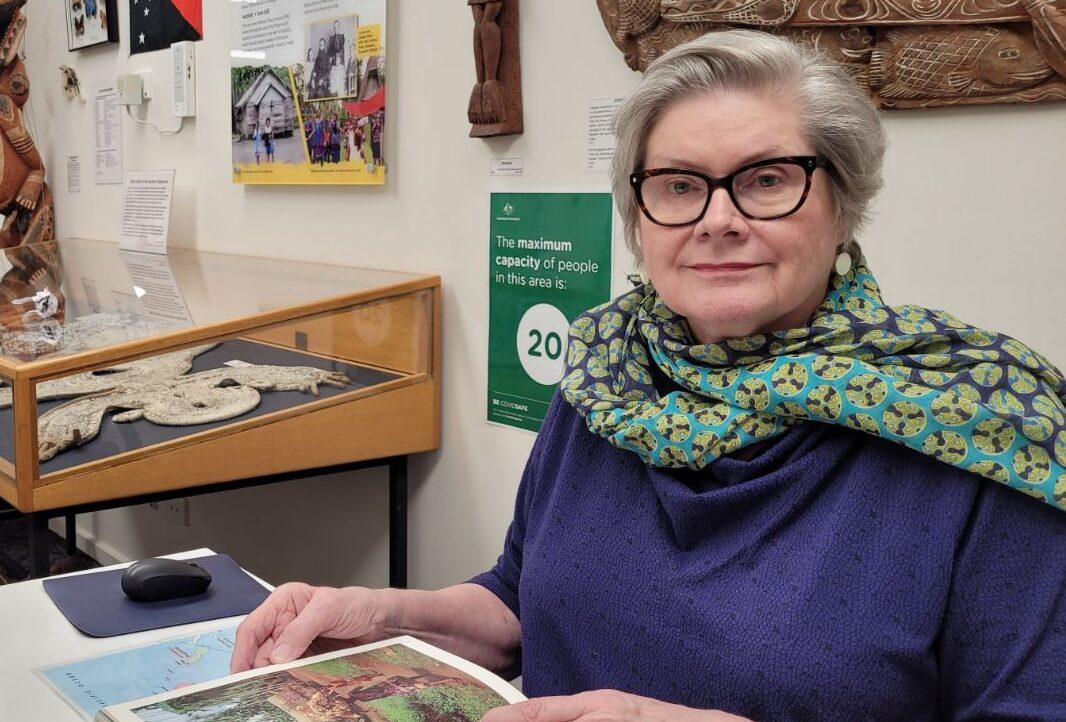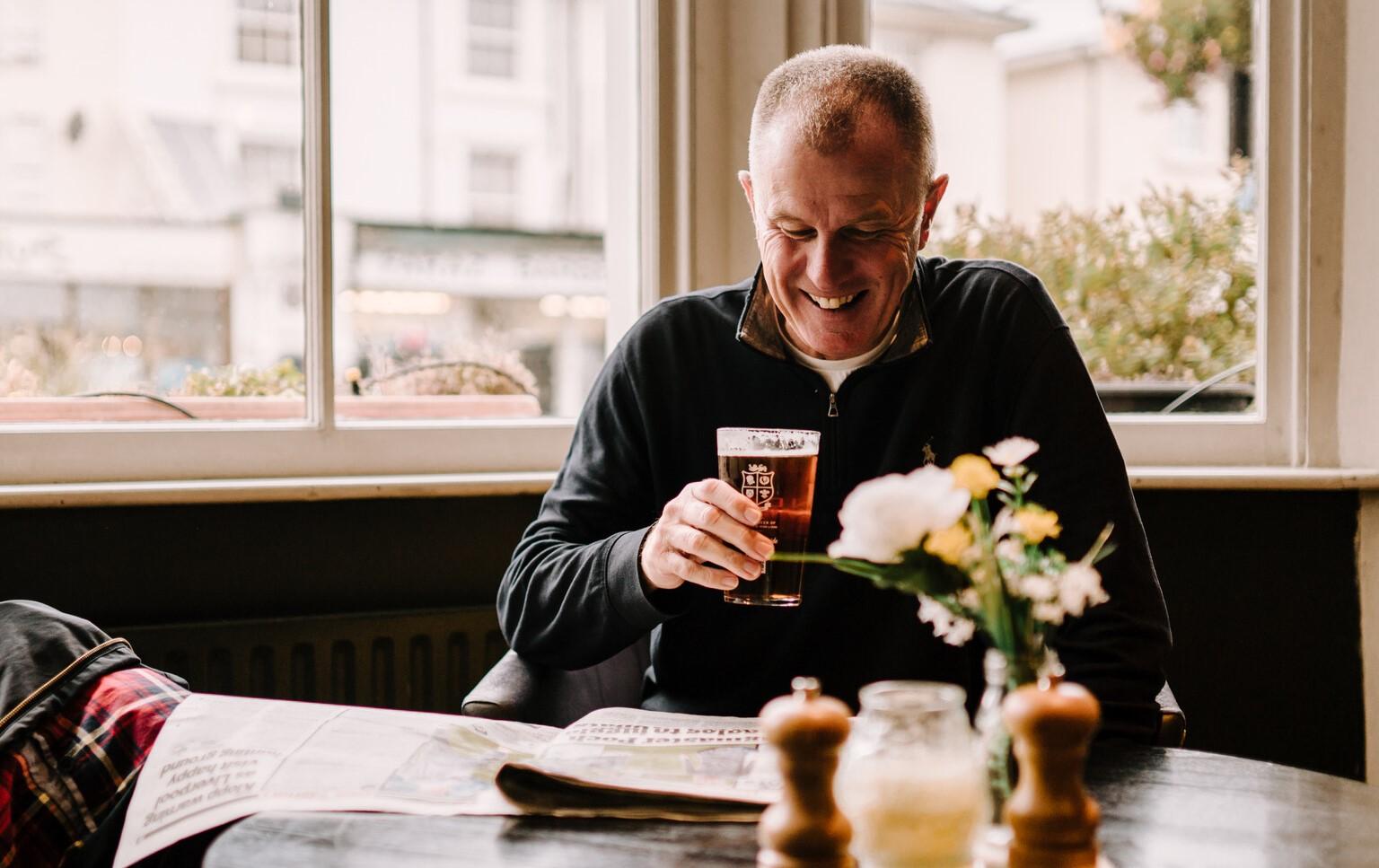Ann’s story
My diagnosis allowed me to get the help I needed, and an early diagnosis gave me time to get on with my life.

My name is Ann Pietsch, and I live in Adelaide with my husband in a retirement apartment. I consider that I am living well with dementia.
I am originally from Melbourne, Victoria where I worked as a General Nurse and Midwife. Later, I gained a bachelor’s degree in applied science – nursing administration with a special interest in Gerontology. I worked as a Nurse Advisor in the Health Commission of Victoria.
My husband and I moved to Adelaide where we had four sons. I focused on my family until re-entering the workforce in 2006. At work, when I started to find usually normal administrative tasks more difficult, and even forgetting the names of my staff, I become anxious, and was alerted to memory problems. At home, simple things like following recipes, reading, and organising my day became harder.
I was very grateful to have a GP who knew me well and agreed that these matters needed to be followed up in a timely manner. She referred me to the Memory Clinic at the Royal Adelaide Hospital.
I was 59 when I was tentatively diagnosed with younger onset dementia, thought to be Alzheimer’s disease. I am now 70, and some years ago, after the onset of other symptoms, my diagnosis is now Lewy Body disease/dementia. Initially my husband and I were shocked but also relieved to have a diagnosis.
We remained very open and honest with all our family and friends. I think the fact that we talk openly about dementia and how we are managing makes it easier to interact with them. I am fortunate in that I have insight into what is happening to me with my diagnosis, and it is not all doom and gloom.
I had a good understanding of dementia as I had coordinated programs assisting elderly people and people living with dementia. These programs were designed to help people to remain independent, healthy, and living in their own homes for as long as possible.
After my diagnosis I was referred to Dementia Australia. I became a dementia advocate. I am involved in a wide variety of advocacy work, including speaking about dementia which I believe, helps people living with dementia, families, and carers, to understand more about dementia.
I am involved with a variety of projects local, interstate and overseas. As an advocate I have been fortunate to meet many extraordinary people living with dementia, advocates, researchers, parliamentarians and more. I am also a member of the Dementia Australia Advisory Committee.
My husband is a source of love, encouragement, and support. He generally does a lot more than people would be aware of.
Being proactive about the changes I’d noticed was very important. It meant I sought help, received an early diagnosis, and was taken seriously. My diagnosis allowed me to get the help I needed, and an early diagnosis gave me time to get on with my life. I try to eat well, I do brain training exercises and do specific exercises to improve balance, strength, and memory.
I find I can do things now that I couldn’t do when I was diagnosed. For example, I can read again, perhaps with slightly altered goals! I don’t have to remember every detail of the book, but I still enjoy it as I read! I can also follow knitting patterns again! I put this down to being so busy as an advocate!
Every day is a new day with new surprises.
Watch Ann’s digital story below:
For more digital stories, visit the Face Dementia YouTube Channel.


